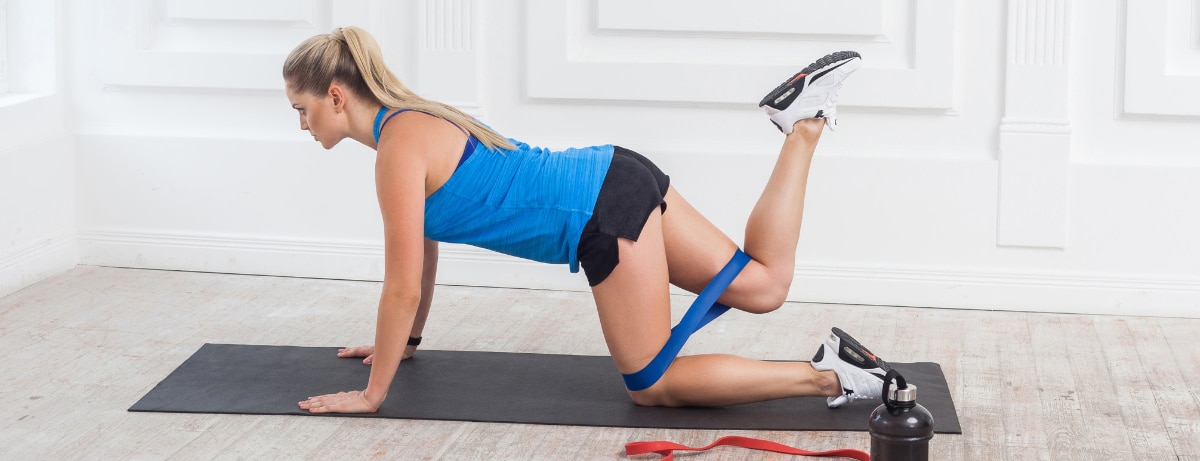The term ‘cardio’ is short for cardiovascular exercise, which is any physical activity which significantly raises your heart rate. It’s possibly the most well-known form of exercise there is, and although some people dread it and others can’t get enough, it is undeniable that cardio plays a central role in fitness and good health.
Cardio is not an exercise fad, but rather something your body was designed to do, and something it needs to stay healthy. The typical modern lifestyle is very sedentary, with most of the day spent sitting or walking short distances. This can lead to stiff, aching muscles, low energy levels and fatigue.
The benefits of cardio
Your cardiovascular system- which refers to your heart and network of blood vessels- is working 24 hours a day to pump blood around your body where it can deliver oxygen and vital nutrients to the organs and tissues. The cardiovascular system needs to be exercised regularly to work at its best. Just like any other muscle, if you don’t exercise your heart it can become weaker. Cardio exercise strengthens this muscle so that it can beat strongly and regularly.
Cardio is an aerobic exercise, which means that your body uses the oxygen it breathes to extract energy from amino acids, carbohydrates and fatty acids within your cells.
1 Because it uses the oxygen you’re breathing, aerobic exercise is sustainable and most fit adults should be able to handle extended periods of aerobic activity, such as twenty minutes brisk walking or cycling.
Handpicked content: Make your walk work harder!
You will probably know that cardio can also help you with weight management. Cardio burns calories, and a deficit in calories causes you to lose fat. How many calories you burn during a workout depends on your weight and the intensity and duration of the workout.
Another benefit of regular cardio is an improvement in your sleep quality. It could even help those who experience insomnia. A 2010 study at Northwestern University in the US showed that in older adults with insomnia, four months of cardio exercise significantly improved sleep quality while also reducing their daytime sleepiness and depressive symptoms.
2 It stands to reason that when you’re physically exhausted, your body finds it easier to switch off and get the rest it needs.
Handpicked content: Can exercise help you sleep?
Cardiovascular diseases such as stroke, heart attack and heart failure are significant risk factors for people who don’t exercise, especially as they get older. As a minimum, the NHS recommends that adults do at least 150 minutes of moderate aerobic activity such as cycling or brisk walking every week.
3
How to get the most out of your cardio
Although plodding your way through a kilometre or two on the treadmill a few times a week feels virtuous, it might not actually be the best way to spend your precious workout time. As well as it being boring, a repetitive workout can lead to you working less hard over time as you subconsciously adjust to a more comfortable pace. You could also risk injury by overworking the same sets of muscles.
That’s not to say that a basic cardio routine won’t have its benefits, but if you want to see a serious improvement in your fitness levels or significant fat loss, is important to vary your exercise and workouts. To make sure your heart rate stays high enough to be in the fat-burning zone, the body needs to be pushed above what is comfortable and easy. By varying your cardio routine, you can challenge different major muscle groups and build your endurance rather than just going through the motions.
Whether it’s swimming, cycling, running, dancing, jumping, playing sports, or climbing stairs, choose a variety of different cardio types to challenge your body and keep things interesting. To meet your 150 minutes per week recommendation, 30 minutes of moderate intensity exercise five days a week is a good place to start. You could try circuit training classes, where you will do short bursts of several different types of high intensity exercise over the course of one workout.
Handpicked content: 10 reasons running is good for you
Whatever your fitness goals are, it’s extremely important that you enjoy your exercise. Part of the reward of switching up your cardio is the variety it brings. Why not try a new form of cardio every month and aim to rotate the types of cardio you do each day? Your future favourites might be exercises you’ve not yet even heard of.
Advice is for information only and should not replace medical care. Please consult a doctor or healthcare professional before trying any remedies
Check out our
Sports Nutrition range
Sources
1. [Online] https://www.ncbi.nlm.nih.gov/pmc/articles/PMC5329739/.
2. [Online] https://www.ncbi.nlm.nih.gov/pubmed/20813580.
3. [Online] https://www.nhs.uk/Livewell/fitness/Pages/physical-activity-guidelines-for-adults.aspx.




